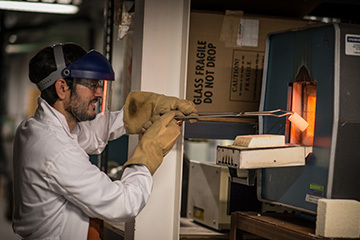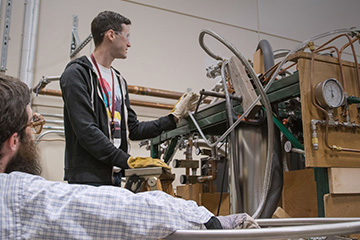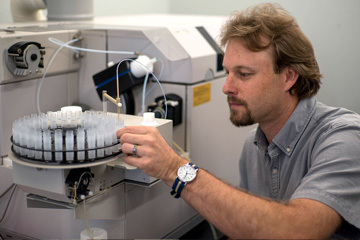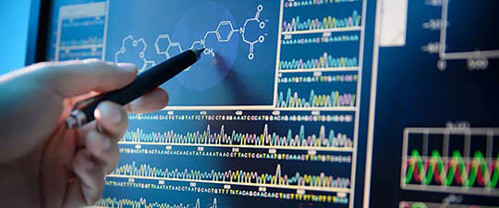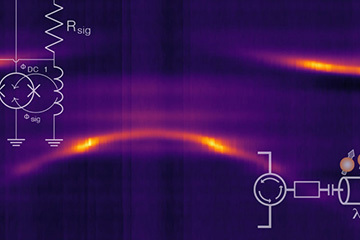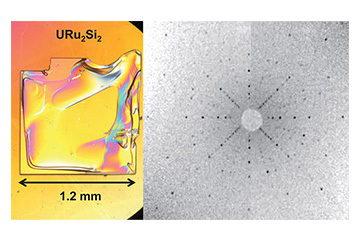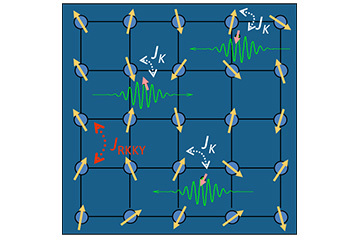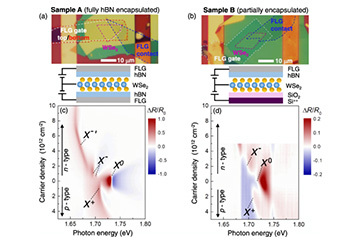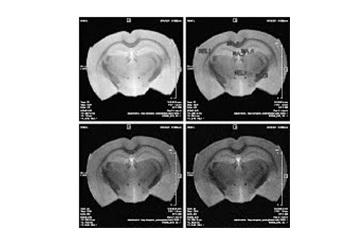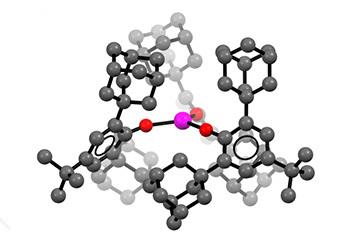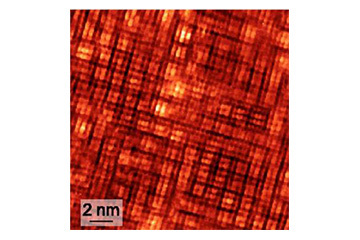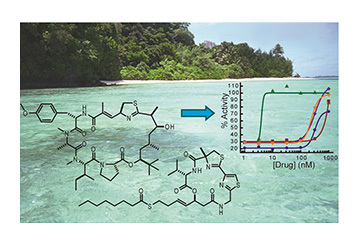Our research is focusing on the coherent motion of magnetic moments of various nature; to that end, we are using quantum devices that combine the quantum nature of spins and photons. Group activities are supervised by Prof Irinel Chiorescu from the Department of Physics & National MagLab, Florida State University.
With an emphasis on inducing and studying unconventional states of matter, the FSU-based Baumbach Research Group addresses these challenges by tightly closing the feedback loop between materials synthesis and magnetic/electronic characterization.
An FSU-based condensed matter experimental group mainly focused on the electron spectroscopic properties of novel superconductors, strongly correlated electron systems, and topological materials.
A LANL-based research group focused on low-temperature, scanning magneto-optical spectroscopy, ultrafast, coherent time-domain terahertz spectroscopy in high B fields to 18 T (for complex conductivity measurements from 100-1500 GHz in high B fields), high-speed "linear" optical spectroscopy in pulsed magnetic fields to 90 Tesla (PL, absorption, reflectivity studies in the 10-1000 ms duration pulsed magnets), and time-correlated single-photon counting in dc & pulsed magnetic fields (for time-resolved PL in high B; ~35ps resolution).
An FSU-based research group with an emphasis on the application of high field magnetic resonance imaging (MRI) and spectroscopy (MRS) for biomedical problems. They are especially focused on the fabrication and optimization of tools for high field MRI application & the utilization of those tools for the evaluation of biological tissues and cellular engineered constructs in the study of neurological and muscular degeneration.
Leveraging the EMR Facility, this FSU-based group is focused on experimental condensed matter physics including high-field/high-frequency Electron Paramagnetic Resonance (EPR), Molecular nanomagnets and Single-Molecule Magnets (SMMs), Magnetic field-induced quantum critical phenomena, Molecular conductors and superconductors, Magnetochemistry (magneto-structural correlations), Dynamic Nuclear Polarization and Microwave and infrared spectroscopy
The UF-based Hirschfeld group studies problems of modern many-body theory associated with quantum materials. These are condensed matter systems that cannot be described by the conventional Bloch picture of a single electron moving in a periodic potential. They exhibit remarkable collective phenomena and novel ordered phases, and are expected to be relevant to the next generation of electronic devices. One particular focus is on "unconventional" superconductors, where electron pairing is driven by repulsive Coulomb interactions.
This UF-based multidisciplinary research program sits at the interface of chemistry and biology combining classical natural products chemistry with high-throughput screening and chemical genomics. It involves most aspects of drug discovery ranging from the collection of promising marine organisms, bioassay development, NMR spectroscopic structure determination, chemical synthesis, mechanism-of-action studies, and pharmacology, up to the preclinical and clinical development of candidate molecules. His lab is producing a small but increasing pipeline of bioactive compounds that are at various developmental stages.



